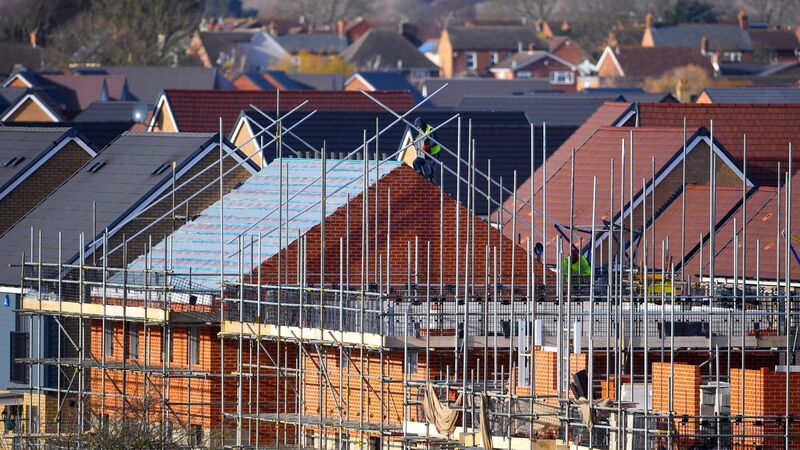Anthony Foley: Housing crisis can be fixed, but it won't be quick and it will be painful

A recent analysis estimated that on average 37,000 new housing units would be needed each year to 2036 to cater for the possible growth in population. File Picture: PA
Between 2013 and 2019, according to the CSO, residential property prices increased by 74.5% while average earnings increased by only 12%.
The Residential Tenancies Board (RTB) reported a rent increase of 55.1% between quarter two 2013 and quarter two 2019. These figures starkly illustrate the increased difficulty of achieving home ownership and affording rent. The Central Bank residential mortgage rules have increased the difficulty of home purchase for many people.











